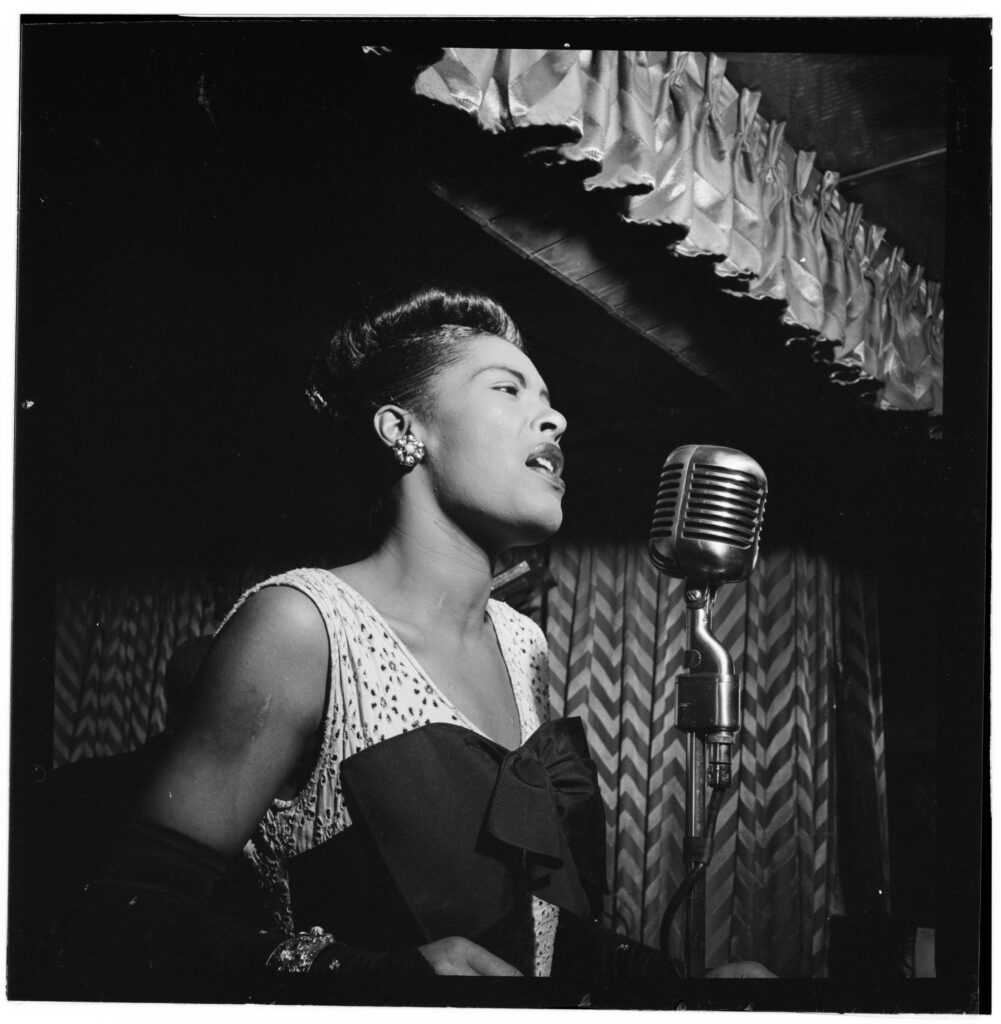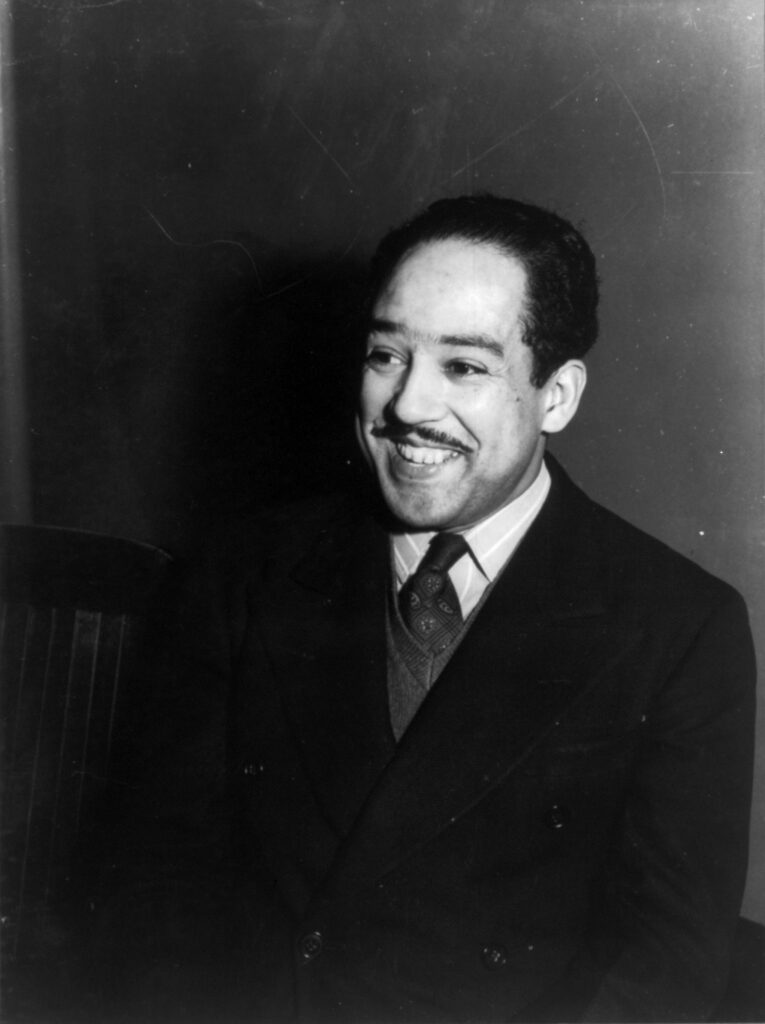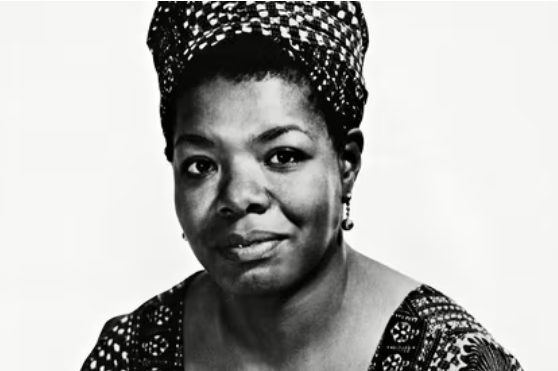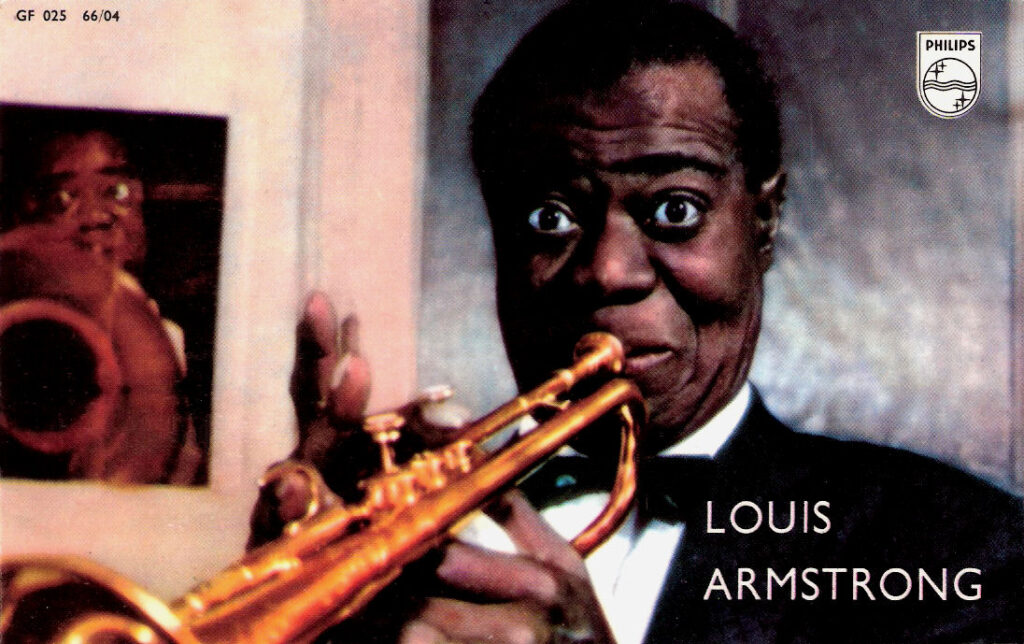By John Charles McAllister-Ashley, Program Coordinator, Institute Office of Anti-Racism & Racial Equity
As Black History Month unfolds, I’m compelled to reflect on the profound significance of art in the African American experience. For me, art isn’t just about aesthetics; it’s a lifeline, a sanctuary, and a means of reclaiming a narrative too often overshadowed by marginalization.

Growing up, I witnessed how black people were systematically shut out of various aspects of American culture. Opportunities seemed scarce, and doors closed before they even opened. But amidst this societal exclusion, the arts emerged as a beacon of possibility, a realm where our voices could resonate freely and authentically.
In grade school, history textbooks skimmed over the contributions of black individuals, relegating our stories to footnotes. I did not take a class solely dedicated to amazing artistic contributions made by my people until I went to college. Yet, in a sea full of black artists, I found solace. Through music, paint brush strokes, and poetry verses, I discovered a space where my identity wasn’t diminished but celebrated—a space where my voice mattered.

The legacy of African Americans in the arts is undeniable. From the blues melodies echoing through the Mississippi Delta to the vibrant hues of Harlem Renaissance paintings, our cultural tapestry is rich and diverse. The cultural impact African-Americans have had on the music industry today was all influenced by Sister Rosetta Tharpe, Eubie Blake & Noble Sissle, Billie Holiday, Louis Armstrong, Duke Ellington, Miles Davis and a long list of other greats. Despite facing systemic barriers, black artists have defied expectations, using their creativity to challenge norms and inspire change.
As I delve deeper into Black History Month, I’m reminded of the countless pioneers who paved the way for future generations. From visual, literary and performing arts, visionaries like Langston Hughes, Maya Angelou, Charles Henry Alston, Katherine Dunham, Augusta Savage, Jacob Lawrence, Sidney Poitier, Ethel Waters, and others, dared to dream in a world that often denied them the opportunity to do so. Their works not only entertained but also enlightened, sparking conversations about race, identity and social justice.

But even as we celebrate these achievements, we must acknowledge the ongoing struggle for recognition and representation in the arts. Too often, black artists are overlooked or appropriated, their talents commodified while their stories remain untold. It’s a reminder that our journey towards equality is far from over.
This Black History Month, let us not only honor the triumphs of the past but also commit to amplifying the voices of black artists in the present. Let us embrace the power of art as a catalyst for change, a tool for dismantling stereotypes and a testament to the resilience of the human spirit.

As I reflect on my own journey, I’m reminded of the transformative power of art—the way it has allowed me to reclaim my narrative, connect with my heritage, and envision a more inclusive future. In a world that often seeks to silence us, may we continue to raise our voices through the canvas, the stage, and the written word, celebrating the beauty and complexity of the African American experience.